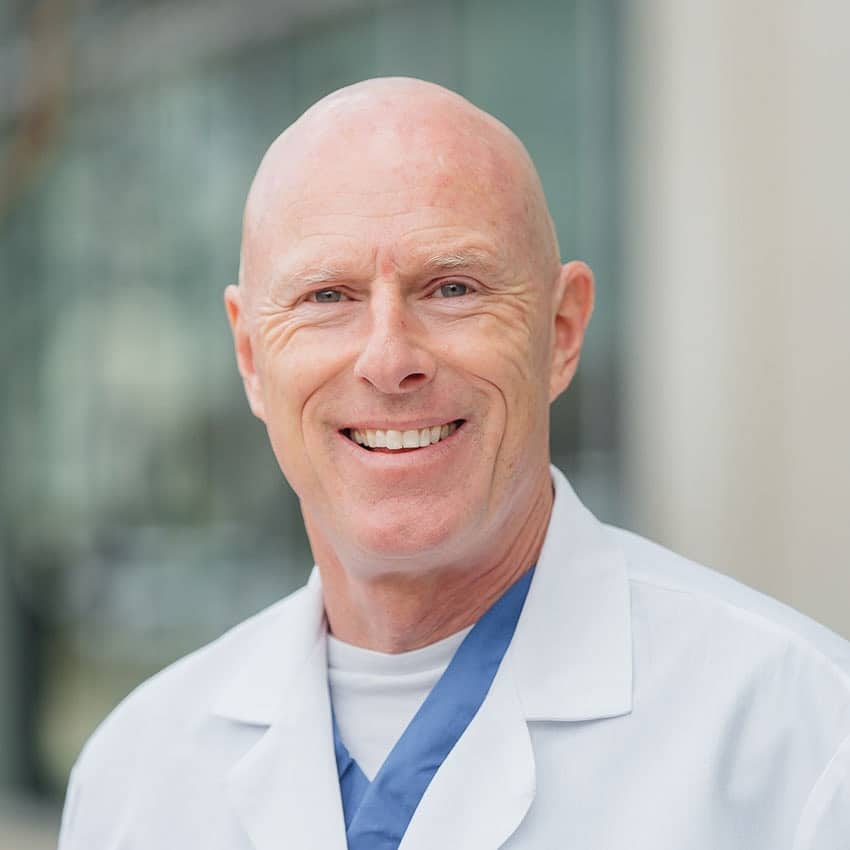Michael J. Tucker, Ph.D., HCLD, received his undergraduate degree in zoology and physiology from the University of London and his doctorate in reproductive physiology from the University of Birmingham in the United Kingdom.
He has worked in the field of reproductive medicine/embryology for more than 30 years. Prior to joining Shady Grove Fertility as Scientific Director in 1998, Dr. Tucker spent 10 years establishing a track record of exceptional pregnancy rate for IVF and other assisted technologies as the scientific director for a leading fertility program in Atlanta.
Dr. Tucker has received worldwide recognition for his work in the IVF technologies that have helped to revolutionize the treatment of infertility. For example, in 1992, he helped to advance the technique of intracytoplasmic sperm injection (ICSI) and was responsible for the first baby born following ICSI in the United States. In 1997, he led the team that was successful in achieving the first pregnancy and birth using cryopreserved donor and immature eggs. Dr. Tucker is certified as a High-complexity Clinical Laboratory Director (HCLD) in the United States, and is a fellow of the Institute of Biology in the United Kingdom.
Read More
Michael J. Tucker, Ph.D., HCLD, received his undergraduate degree in zoology and physiology from the University of London and his doctorate in reproductive physiology from the University of Birmingham in the United Kingdom.
He has worked in the field of reproductive medicine/embryology for more than 30 years. Prior to joining Shady Grove Fertility as Scientific Director in 1998, Dr. Tucker spent 10 years establishing a track record of exceptional pregnancy rate for IVF and other assisted technologies as the scientific director for a leading fertility program in Atlanta.
Dr. Tucker has received worldwide recognition for his work in the IVF technologies that have helped to revolutionize the treatment of infertility. For example, in 1992, he helped to advance the technique of intracytoplasmic sperm injection (ICSI) and was responsible for the first baby born following ICSI in the United States. In 1997, he led the team that was successful in achieving the first pregnancy and birth using cryopreserved donor and immature eggs. Dr. Tucker is certified as a High-complexity Clinical Laboratory Director (HCLD) in the United States, and is a fellow of the Institute of Biology in the United Kingdom.
Read Less

